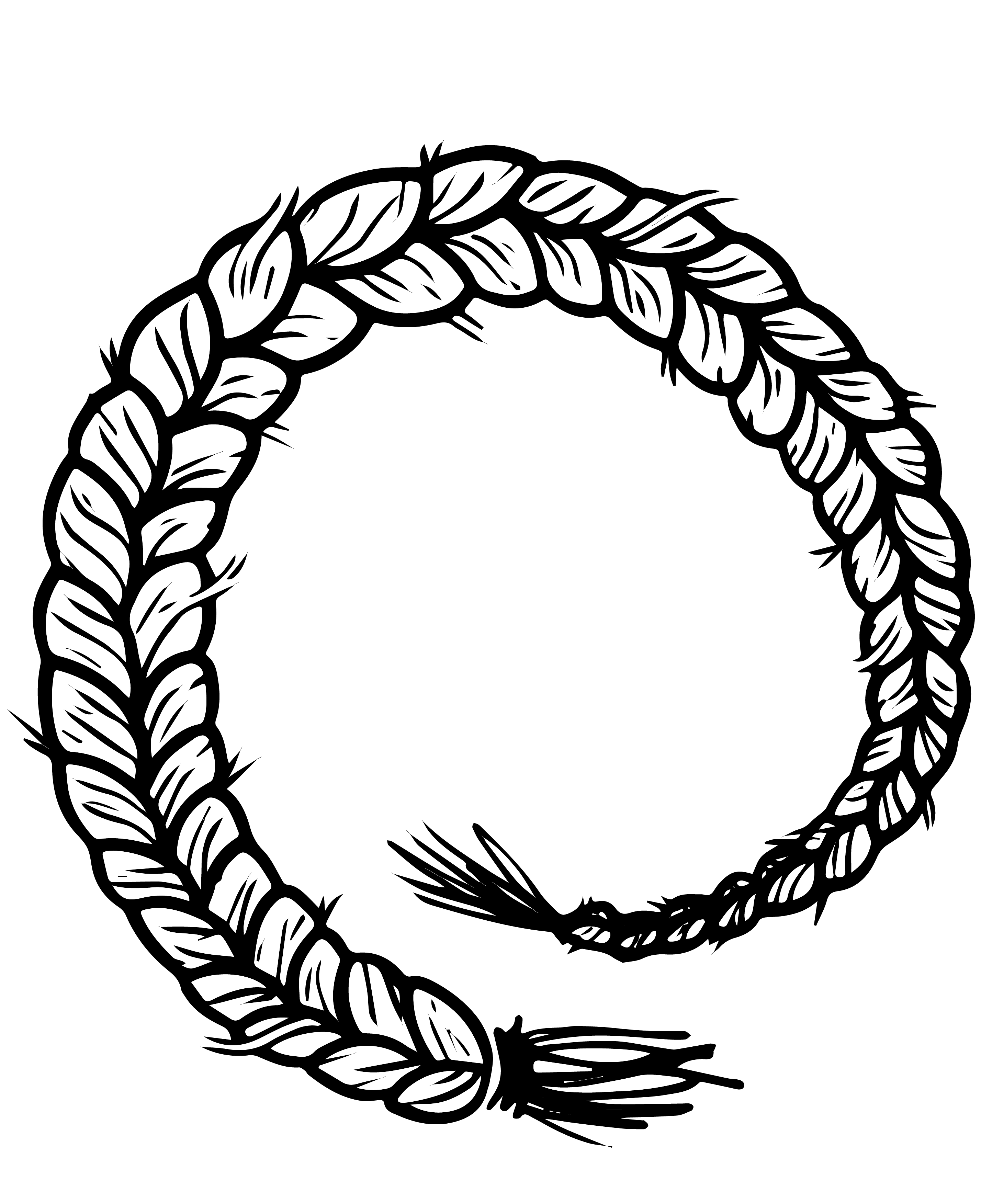Indigenous Intersectionality and Two-Spirit People
You are invited to choose your path to the berry patch by identifying and sourcing the resources and pathways that will help your specific community ecosystem flourish, for safer campuses for everyone.
Building an inclusive ecosystem of supports – the berry patch – requires searching out, listening to, and acting with Indigenous people who bring varied experiences across all dimensions, including sexuality, education, class, and abilities. This next video explores why this is important, particularly for Two-Spirit individuals and the challenges they face.
Two-Spirit
A term used only by Indigenous Peoples. It is similar to the umbrella 2SLGBTQIA+[1] term as it can mean someone is gender diverse, sexually or romantically attracted to non-heterosexual people, or has a different representation of their sex organs than what is assumed by society. Two-Spirit also comes with a deeper responsibility and respect afforded to the Indigenous person from their community. Pre-contact, Two-Spirit people were revered, they were medicine people, they were marriage makers, counsellors, advisors to chiefs and often in influential roles to determine the course of a tribe’s progress in all matters.
Anyone who has Indigenous ancestry and identifies with the queer community can use this term to describe themselves. This term, much like any other queer identity, is based on self-determination. If this feels right to you as an Indigenous person then it is your right to use it. It is not appropriate for non-Indigenous Peoples to assume this title.
Below are links to readings, videos, and resources to deepen your understanding of Two-Spirit:
- Native Women’s Association of Canada. Intersections: Indigenous and 2SLGBTQQIA+ Identities [PDF].
- Trans Care BC. Indigenous Gender Identities. Provincial Health Services Authority.
- Eagle Canada. Two Spirits, One Voice. [Video]. YouTube. (4:06 minutes)
- InQueery. Them. What Does “Two-Spirit” Mean? [Video]. YouTube. (6:16 minutes)
- National Confederacy of Two-Spirit Organizations and NorthEast Two-Spirit Society. Two-Spirit Resource Directory.
 Reflection Questions
Reflection Questions
- What assumptions and beliefs (also known as unconscious biases) do you have about gender identity and roles? How do these affect the support provided to First Nations, Métis, and Inuit students, particularly those who are Two-Spirit?
- What steps can you take to broaden your perspective and deepen your knowledge of all 2SLGBTQIA+ people?
- How can you include the perspectives of 2SLGBTQIA+ people across the ecosystem? How might these intersectional identities have differing needs or levels of impact as survivors of sexualized violence?
- Read the Indigenous Gender Based Analysis Plus (IGBA+) Toolkit. Use the seven guiding principles (included below) to analyze the berry patch work that has been, is, and will be done at your institution.
- Note: The Toolkit includes a table on page 36 that lists each of the seven principles and questions related to each principle. Consider working through the principles and related questions with colleagues and students, then share your findings with others in your sphere of influence in your professional and personal life to advance the discussions and work about IGBA+ at your institution and community.
Indigenous Gender Based Analysis Plus (IGBA+) Toolkit: 7 Guiding Principles
- Meaningful inclusion of diversity of Indigenous women, Two-Spirit and gender-diverse individuals (age, roles, Indigenous status, grassroots, leadership).
- Centre Indigenous women’s, girls, Two-Spirit and gender-diverse voices, knowledge, wisdom, and lived experiences at every stage of the process.
- 7 R’s: Re-membering, Re-Matriation, Re-clamation, Re-spect, Re-lationship, Recognize Resistance, Relinquish Power – Indigenous led – self-governance and self-determination.
- Healing-centered approach, consent-based, and honours confidentiality.
- Policy analysis through the lens of Indigenous women and gender-diverse individuals (e.g., colonial violence).
- Indigenous gendered approaches utilized (e.g., land-based, ceremonial, weaving in language, relational).
- Holistic and Intersectional that honours diversity of knowledge, wisdom, ways of being and knowing.
From: Davis-Alphonse, C. & Clark, N. Indigenous Gender Based Analysis Plus (IGBA+) Toolkit [PDF]. Ministers Advisory Council on Indigenous Women (MACIW). https://www2.gov.bc.ca/assets/gov/british-columbians-our-governments/indigenous-people/aboriginal-peoples-documents/maciw_igba_toolkit.pdf
- Two-Spirit, lesbian, gay, bisexual, transgender, queer, intersex, and additional people who identify as part of sexual and gender diverse communities. ↵

